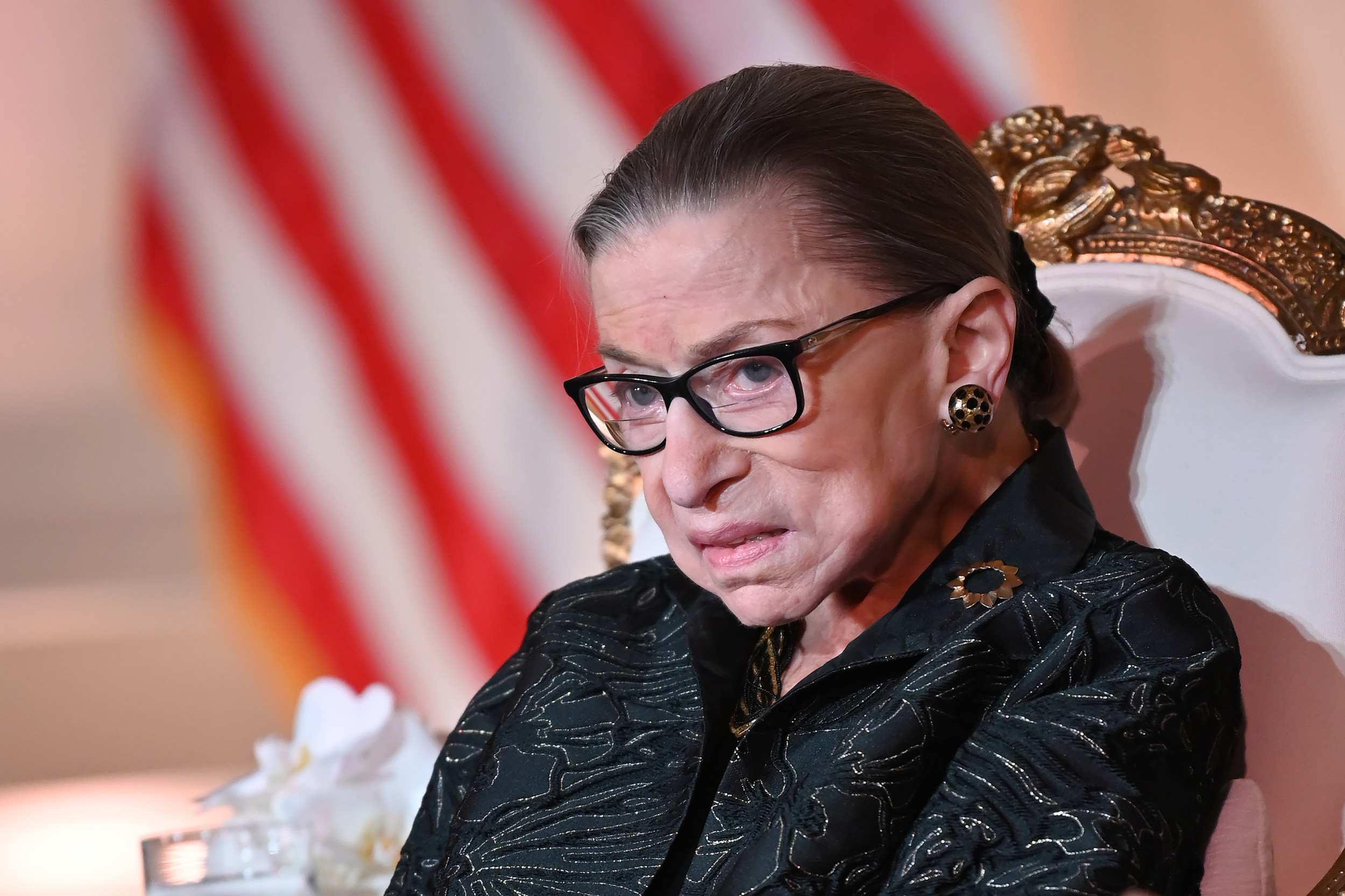The majority opinion in Dobbs, authored by Justice Alito, rejects the argument that these other precedents are at risk by the Dobbs decision. Justice Alito argues that abortion is fundamentally different than marriage, intimacy, or procreation because it deals with “potential life,” and therefore “[n]othing in this opinion should be understood to cast doubt on precedents that do not concern abortion.” On the other hand, Justice Thomas, in his concurring opinion, states that “in future cases, we should reconsider all of this Court’s substantive due process precedents, including Griswold, Lawrence, and Obergefell. Because any substantive due process decision is ‘demonstrably erroneous’…we have a duty to ‘correct the error’ established in those precedents.” The dissenting opinion of Justices Breyer, Sotomayor, and Kagan offer a much more heightened concern for the fate of these precedents. The dissenting justices argue that the basis for overturning Roe—that “the right to elect an abortion is not ‘deeply rooted in history’”—can theoretically be applied to the use of contraceptives, same-sex marriage, and private intimacy.

